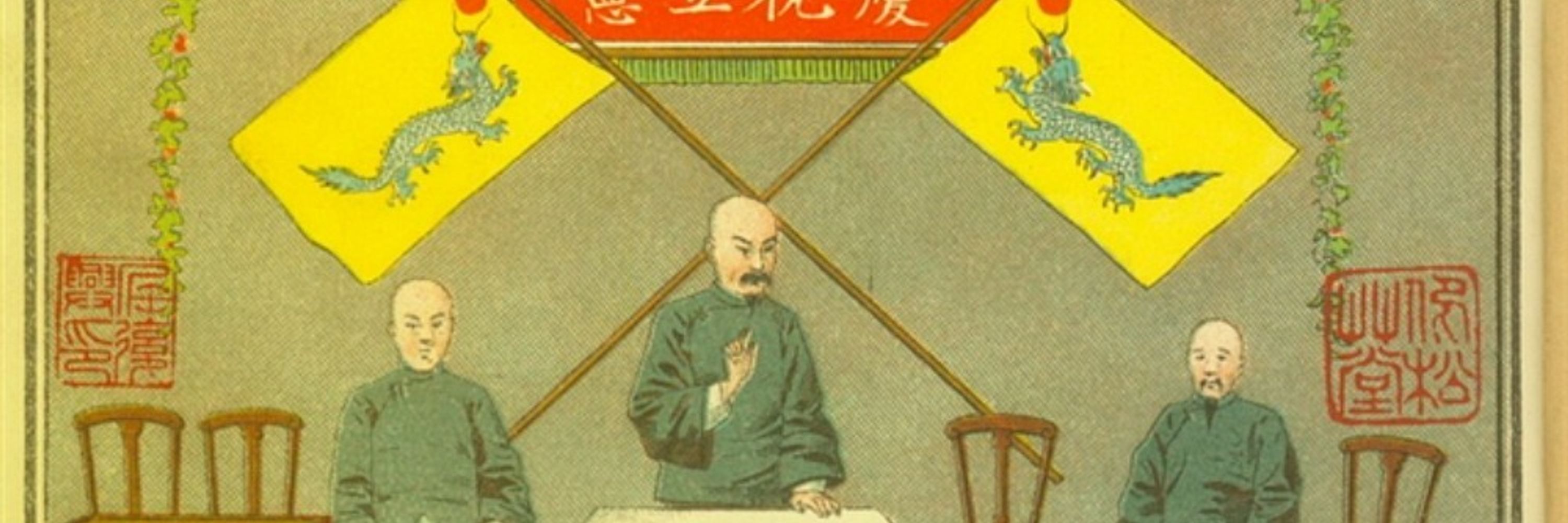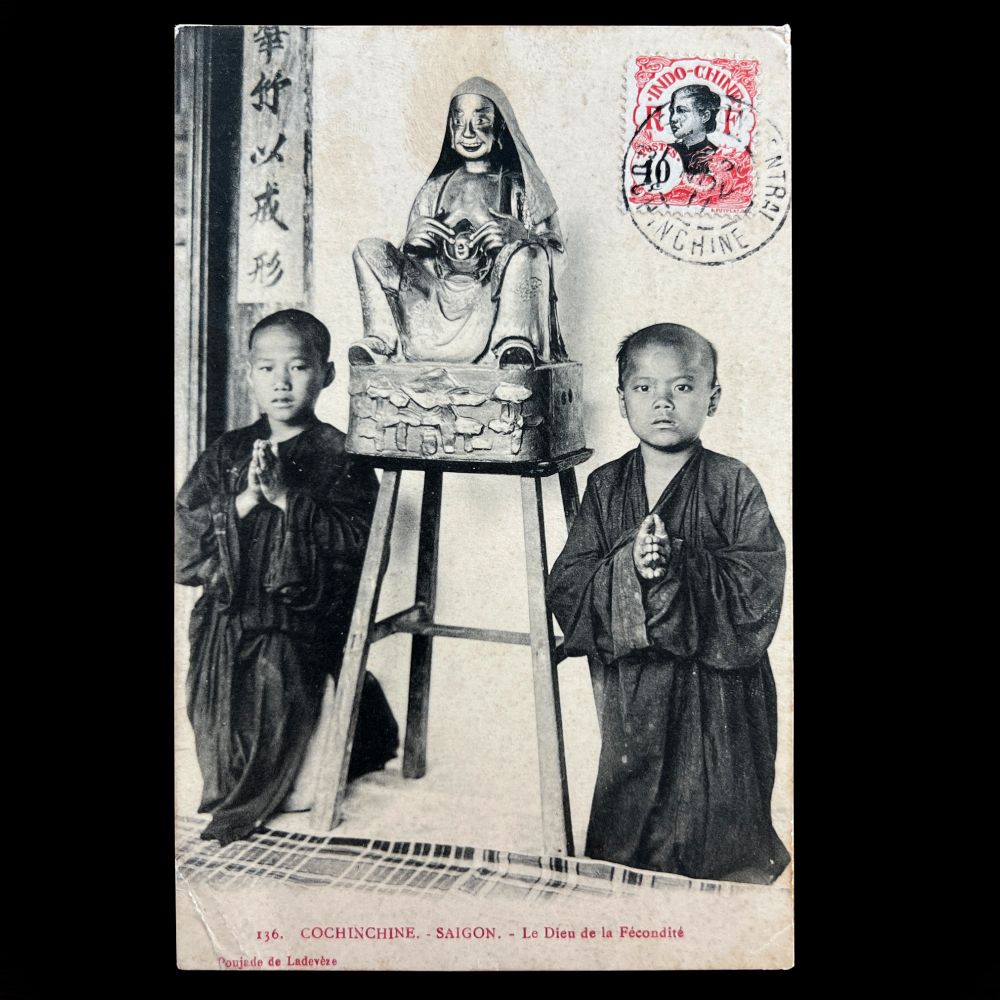

www.cambridge.org/core/books/a...


#shamelessselfpromotion
www.degruyterbrill.com/document/doi...

#shamelessselfpromotion
www.degruyterbrill.com/document/doi...


fass.sabanciuniv.edu/en/ISIH
fass.sabanciuniv.edu/en/ISIH


*Mais precisamente, a legação da República da China

*Mais precisamente, a legação da República da China
TIL 嗆聲 is actually derived from the Taiwanese term 唱聲 chhiàng-siaⁿ which means “to threaten”
In Hokkien, chhiàng (唱) means “to call out with a loud voice”

TIL 嗆聲 is actually derived from the Taiwanese term 唱聲 chhiàng-siaⁿ which means “to threaten”
In Hokkien, chhiàng (唱) means “to call out with a loud voice”


Late Qing Putin:

Late Qing Putin:
Notice how Berlin is titled Dejing 德京, ‘capital of Germany,’ which was common practice back then. 😁

Notice how Berlin is titled Dejing 德京, ‘capital of Germany,’ which was common practice back then. 😁

It's in the Codex Diplomaticus Cajetanus (edition from 1887).

It's in the Codex Diplomaticus Cajetanus (edition from 1887).



The first commercial photography studios in Vietnam opened in Saigon soon afterwards, with some producing intimate views of local Buddhist temple life. 🧵
🗃️ 📜 #Vietnam

The first commercial photography studios in Vietnam opened in Saigon soon afterwards, with some producing intimate views of local Buddhist temple life. 🧵
🗃️ 📜 #Vietnam
*A primeira linha está difícil de ler, o restante corresponde ao versículo 4:75 do Alcorão

*A primeira linha está difícil de ler, o restante corresponde ao versículo 4:75 do Alcorão
「琉球処分」に関する最前線の研究成果がふんだんに盛り込まれた、大変素晴らしい力作です。とりわけ「尚家文書」の活用に重点を置かれている点は大きな見どころだと思います。

「琉球処分」に関する最前線の研究成果がふんだんに盛り込まれた、大変素晴らしい力作です。とりわけ「尚家文書」の活用に重点を置かれている点は大きな見どころだと思います。
自嗨 or 自high (“self-high”) 😅
This term started out as an internet slang around 2010 and is now widely used colloquially with a range of meanings—to get excited or hyper by oneself; to amuse or have fun by oneself; being self-indulgent or narcissistic
川普自嗨 Trump “self-high”

自嗨 or 自high (“self-high”) 😅
This term started out as an internet slang around 2010 and is now widely used colloquially with a range of meanings—to get excited or hyper by oneself; to amuse or have fun by oneself; being self-indulgent or narcissistic
川普自嗨 Trump “self-high”

同冷戊辰年中伏初日在洞南衛源軍次
因時時慕益友仁風偶假聖人之言擬意
三三建九圖章用玩石鳩工雕斲印成懸
掛座右讀之爲觧其圖有言孔子曰益者
君子有三樂有三畏有九思所謂礼知意
也余嘗試讀之誠學則以此三者之旨妄
做恩德銘誌此之謂感佩懼也亦斯可以
舒吾生成永感之念云爾
The 3 joys, 3 fears, and 9 thoughts
would seem to point to Confucius 16:5¿ and 16:10¿
🙏Help with a HiFi Tr. (beyond AI gist)🙏

同冷戊辰年中伏初日在洞南衛源軍次
因時時慕益友仁風偶假聖人之言擬意
三三建九圖章用玩石鳩工雕斲印成懸
掛座右讀之爲觧其圖有言孔子曰益者
君子有三樂有三畏有九思所謂礼知意
也余嘗試讀之誠學則以此三者之旨妄
做恩德銘誌此之謂感佩懼也亦斯可以
舒吾生成永感之念云爾
The 3 joys, 3 fears, and 9 thoughts
would seem to point to Confucius 16:5¿ and 16:10¿
🙏Help with a HiFi Tr. (beyond AI gist)🙏


